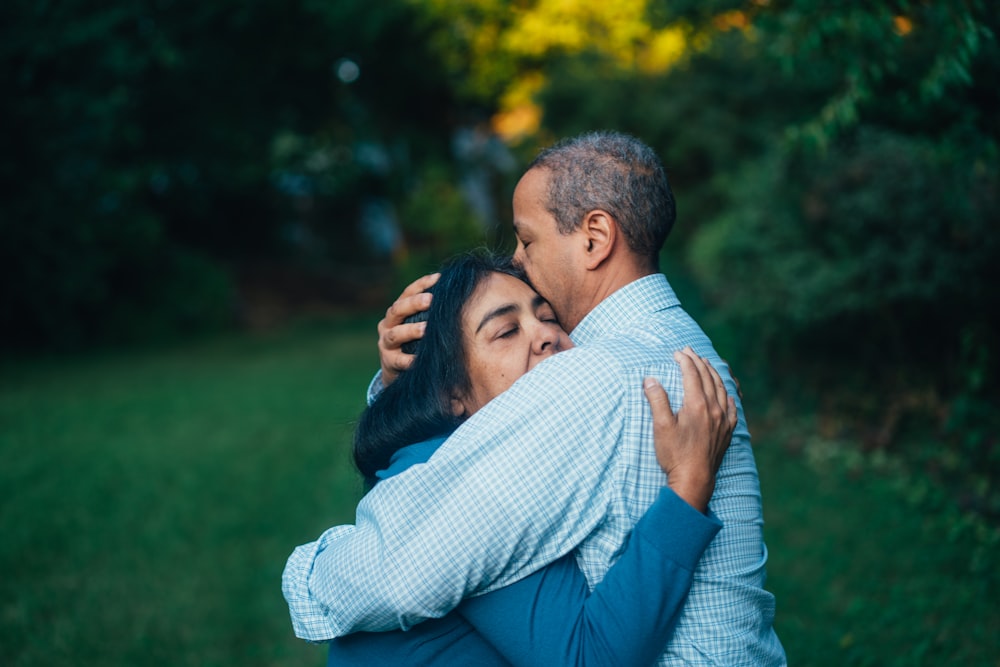Cover photo by Ben Allred Photography
Written by Rian Gordon
I haven’t been married for all that long (in the scheme of things, two years is really nothing!), but I have had a lot of soon-to-be newlyweds ask me what one piece of advice I might give them before they officially seal the deal. I’ve given them the same answer every time: “Remember to CHOOSE to be in love every day.” In today’s world, “choosing” to be in love might seem like a strange concept. We are so used to terms like “falling in/out of love” and “love at first sight”. These terms take love completely outside of our control. In reality, however, most of the time it is completely within our power to have a successful and long-lasting relationship. We can choose every day to take matters into our own hands, and to make choices that allow us to be in love with our spouse (Mickel & Hall, 2009). Here are a few important things to remember when it comes to choosing to love each other every day.

You don’t have to like each other every minute of every day in order to love each other.
A lot of couples worry that when they disagree or get upset at each other, it means that they are falling out of love or that things aren’t working out. Beware of this mentality! Just because you aren’t feeling the need to stare at each other with googly-eyes constantly doesn’t mean that you don’t love each other any more. As you get further along in your relationship, you, and the dynamic between you and your partner, are going to change. You won’t stay in that “newlywed phase” forever, and that is a good thing! You can choose to either let the change drive you apart, or you can see it as an opportunity to open up to one another, get to know each other better, and come closer together.

You don’t find a “soulmate”. You become a soulmate.
There is a strong misconception in our society that when we are looking for love, we are looking for our “one and only” or our “soulmate” — our perfect other half that will complete us, and fulfill every need that we could possibly have. This is false! When we fall into this trap, we run the risk of having very unhealthy and unhappy relationships. Searching for a one and only is like trying to find a needle in a haystack. There are billions of people in the world! How are we supposed to find the one person that will be our perfect fit? On top of that discouraging thought, believing in a soulmate can lead us to re-think our relationships after we have committed to a partner. When things go wrong, we start to believe that maybe the person we have committed to isn’t in fact the one for us, and we become even more dissatisfied and unhappy. Instead, we need to realize that after we have chosen and committed to someone, they become your soulmate, and you become theirs. You learn how to love each other, and how to help each other be better. It is also important to remember that no matter who you are with, you are going to have disagreements. The only person who will want everything exactly the way you do is YOU. However, these disagreements do not have to mean that we are with the wrong person. All they mean is that you need to communicate.

Let the little things go.
My husband and I learned this lesson early on in our marriage. You don’t need to do everything the same way because not every little thing matters! For example, one night my husband Mark asked me to give him a haircut. He suggested that we cut it in the bathroom so we could sweep up the hair after. I insisted that we do it in the living room on the carpet so we could vacuum up the hair. We both thought the other person was being a little silly until we forced ourselves to slow down and talk. As we talked, we realized that we both thought that our way was the right way because that was how our moms had done it when we were young! We had learned two different “right” ways to do something, and both were equally efficient. This lesson has helped us in a lot of different situations such as folding the towels, loading the dishwasher, and even boiling meat. It takes a lot less energy to slow down and discuss your reasons for wanting to do something a certain way than it does to argue about it. Most of the time, it’s okay to just let the other person do their thing and let it go.

Love is a verb. Show it in your actions.
Finally, without actions, love is really meaningless. You can say that you “love” someone, but what good does that do if you don’t show them? One of the best ways to make the choice to be in love every day is by serving your significant other (Mickel & Hall, 2009). Believe it or not, selflessly acting in ways that show your love for your partner can even deepen and strengthen the love that you already have for them. In showing love, it’s important to remember that people like to be loved in different ways. Some people want to be cuddled (this is me), some love getting flowers, some enjoy love-letters, and for some, it’s enough to just spend time with the people they love. Finding out how you and your partner both like to be loved can help you better communicate and make sure that you are both feeling love in your relationship. For one way to find out more about how you like to receive love, click here.

Choosing love often requires sacrifice, but I promise it is absolutely worth it. One of my favorite movie quotes says, “The greatest thing you’ll ever learn is just to love and be loved in return” (Moulin Rouge!, 2001). Choosing love takes practice and often involves a learning curve. It isn’t always easy, but consciously deciding to choose love, and to actively show that love in your relationship, will help you on your way to becoming a power couple.
References
http://www.5lovelanguages.com/
Hughes, J. L., & Camden, A. A. (2020). Using Chapman’s Five Love Languages Theory to Predict Love and Relationship Satisfaction. Psi Chi Journal of Psychological Research, 25, 234–244. https://doi-org.erl.lib.byu.edu/10.24839/2325-7342.JN25.3.234
Luhrmann, B. (Director). (2001). Moulin Rouge! [Motion Picture]. United States: Twentieth Century Fox Film Corporation.
Mickel, E., & Hall, C. (2009). Choosing to Love: Basic Needs and Significant Relationships. International Journal of Reality Therapy, 28(2), 24–27.
 Rian Nicole Gordon is from Orem, Utah, and graduated from Brigham Young University with a Bachelor of Science in Family Life and Human Development. She has been married to her best friend Mark for five years, and they have two beautiful children, one boy and one girl. Apart from her full-time job as a stay-at-home mom, she works for The Dibble Institute, which specializes in relationship education for youth.
Rian Nicole Gordon is from Orem, Utah, and graduated from Brigham Young University with a Bachelor of Science in Family Life and Human Development. She has been married to her best friend Mark for five years, and they have two beautiful children, one boy and one girl. Apart from her full-time job as a stay-at-home mom, she works for The Dibble Institute, which specializes in relationship education for youth.




